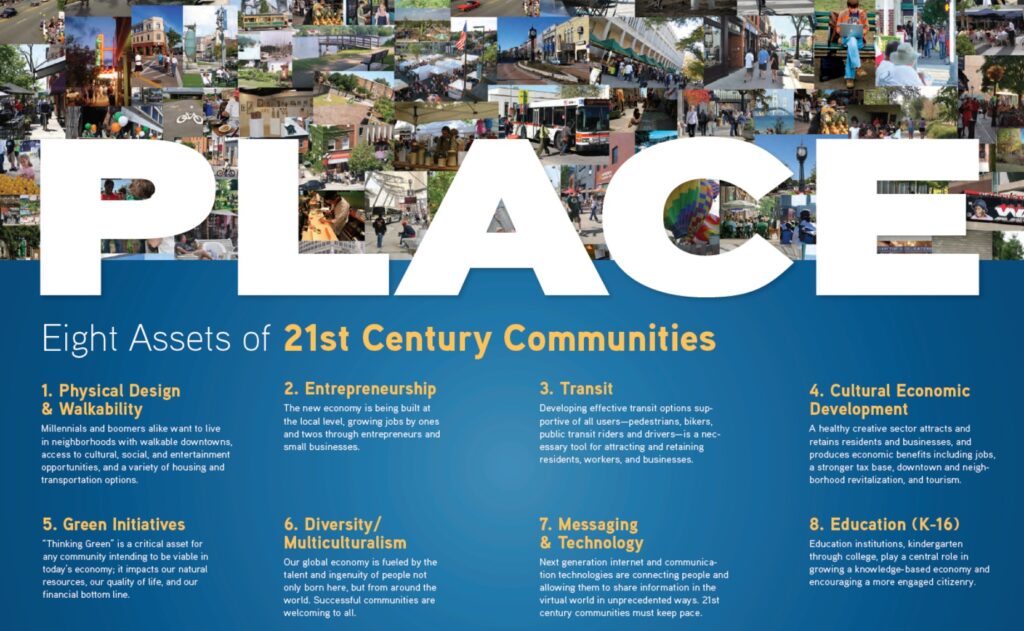
Michigan Municipal League
Ten years ago, in the July-August 2009 issue of The Review, the official magazine of the Michigan Municipal League, the League stated their research continued to show that “place” matters more than ever. The League hosted a public policy series to inform and inspire a different way of thinking as we provide a blueprint for moving Michigan communities forward in a new and creative direction. Through those forums, research, and education, they identified eight essential assets necessary for communities to be vibrant places for the next 50 Cultural years. These eight assets will serve as the focus for the League’s Center for 21st Century Communities.
Eight Assets
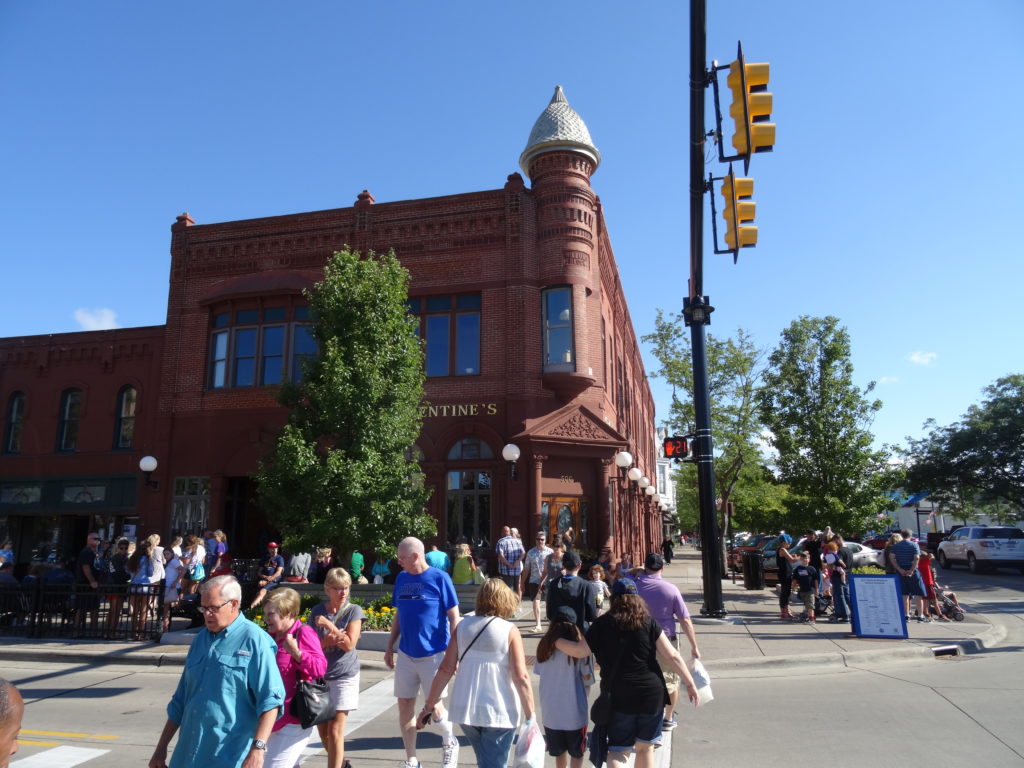
1. Physical Design & Walkability
Whether your community is big or small, it is important to create a physical fabric that promotes social connections where people can live, work, shop and play.
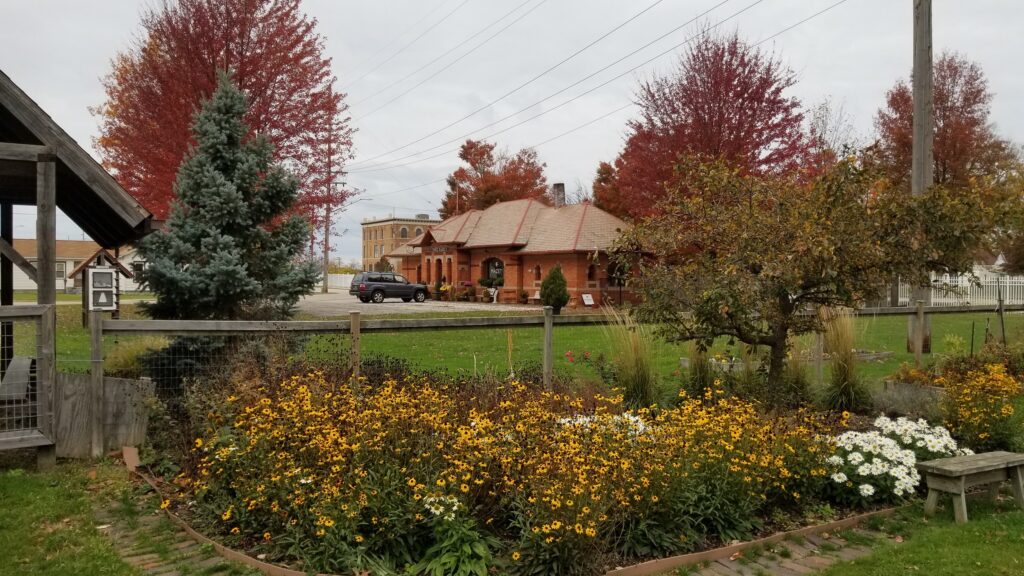
2. Green Initiatives
“Thinking green” is a critical asset of any viable community. It impacts natural resources, quality of life, and the financial bottom line.

3. Cultural Economic Development
Arts and culture should be a part of any long-term economic development strategy for sustainability. CED plays a big role in developing and preserving a community’s identity and uniqueness.
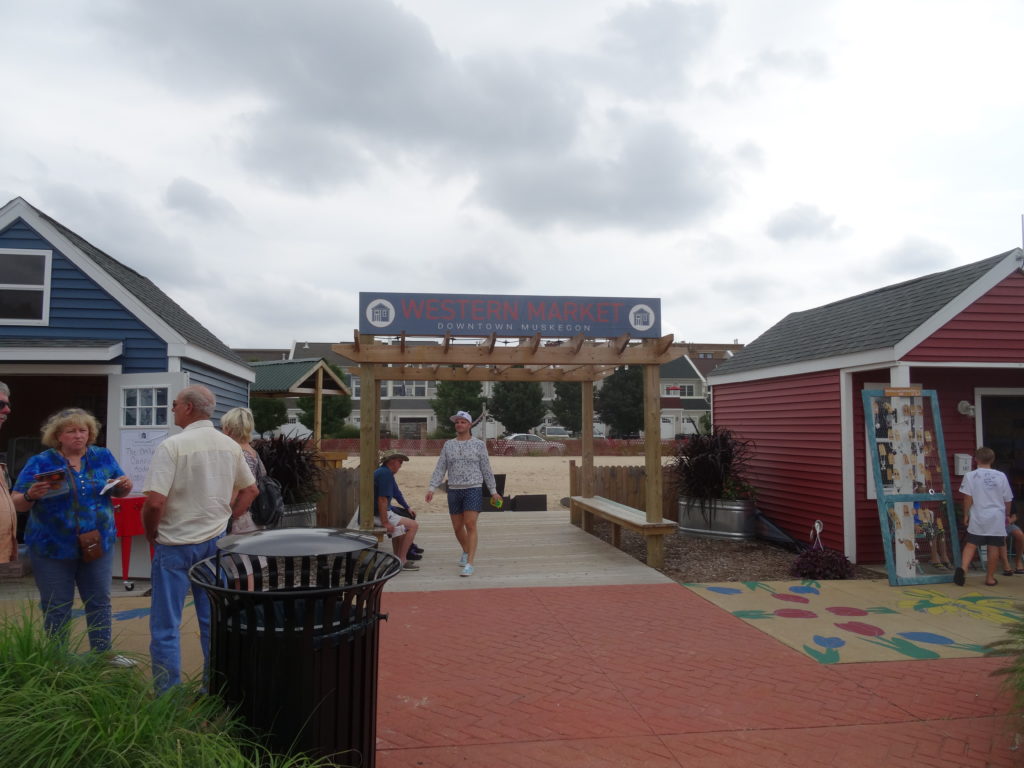
4. Entrepreneurship
In the new economy, we need to focus on growing jobs in our communities by ones and twos for long-term sustainability.
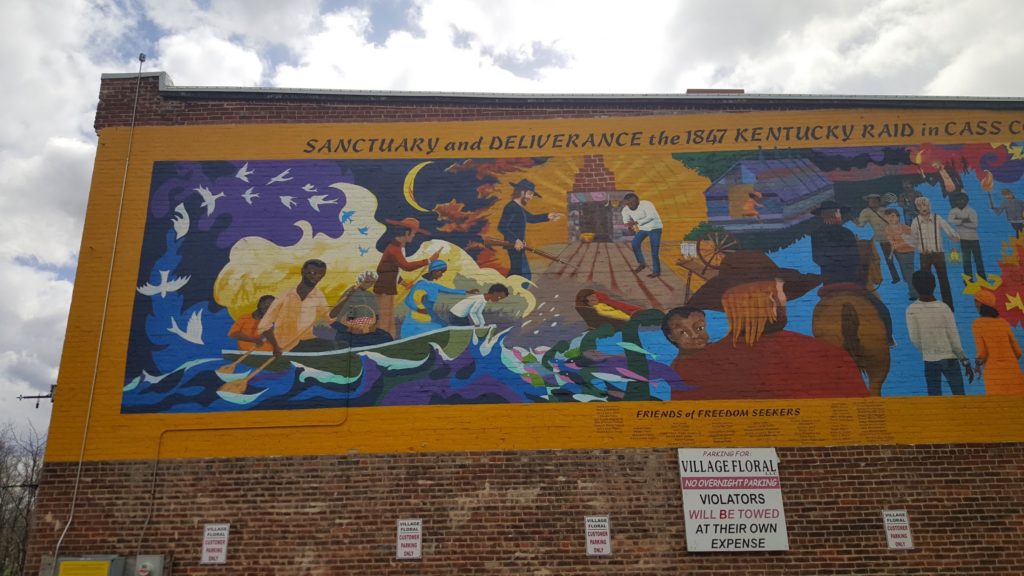
5. Diversity/Multiculturalism
Our global economy is fueled by the talent and ingenuity of people from around the world. Welcoming those from different backgrounds and disciplines can result in a whole new level of innovation.
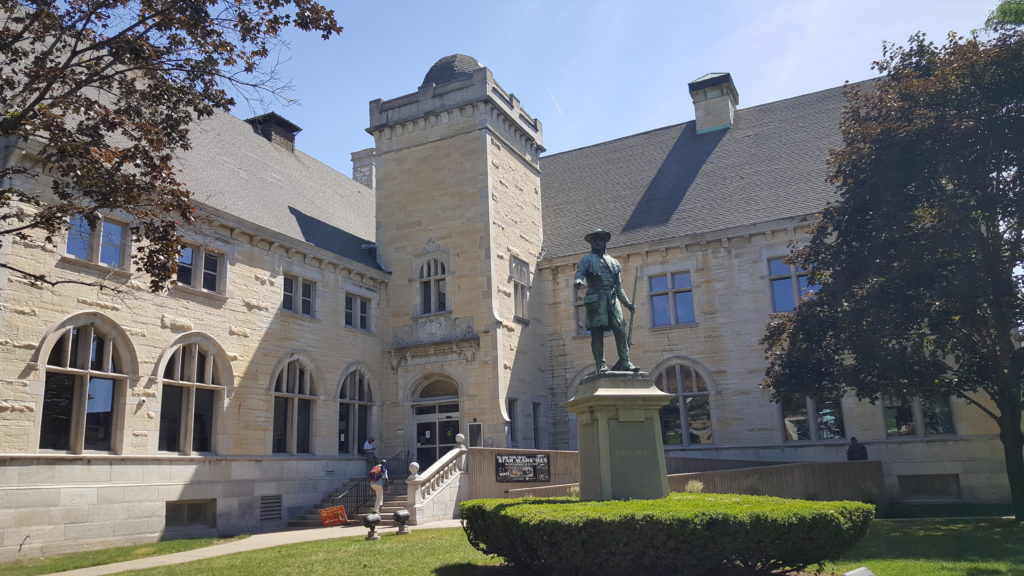
6. Messaging & Technology
Technology allows people to connect and collaborate like never before. Communities have a powerful opportunity to connect and engage with their citizenry and beyond.
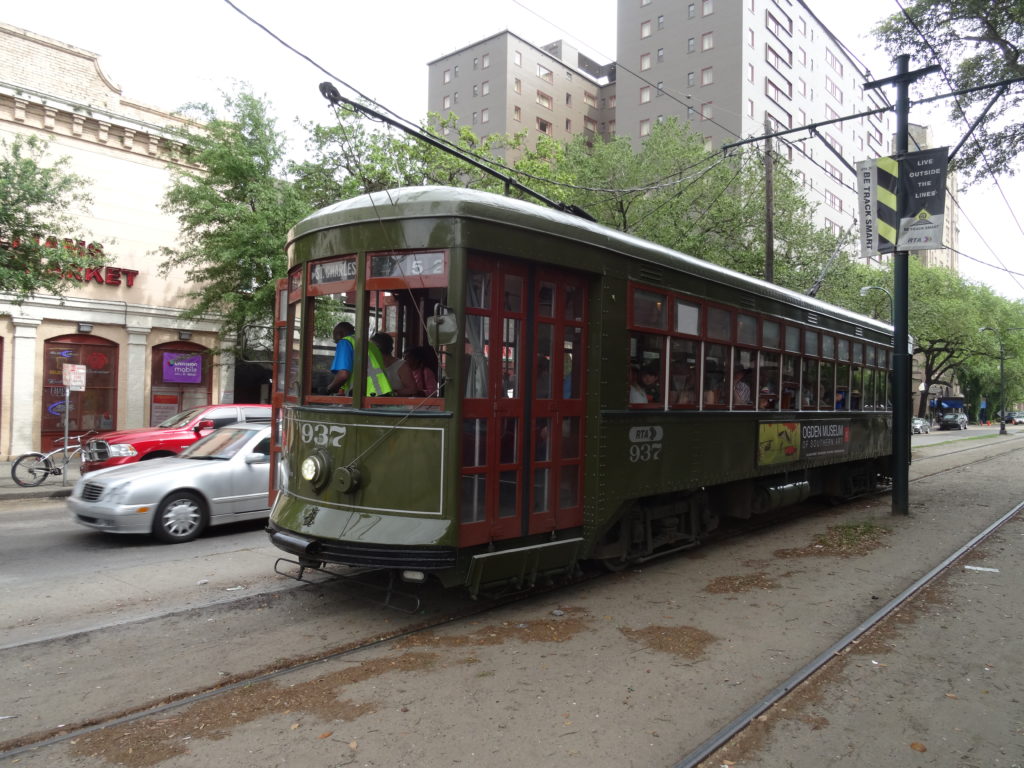
7. Transit
People are choosing where they want to live, play and work in communities that embrace all modes of transportation—walking, biking and public transit.
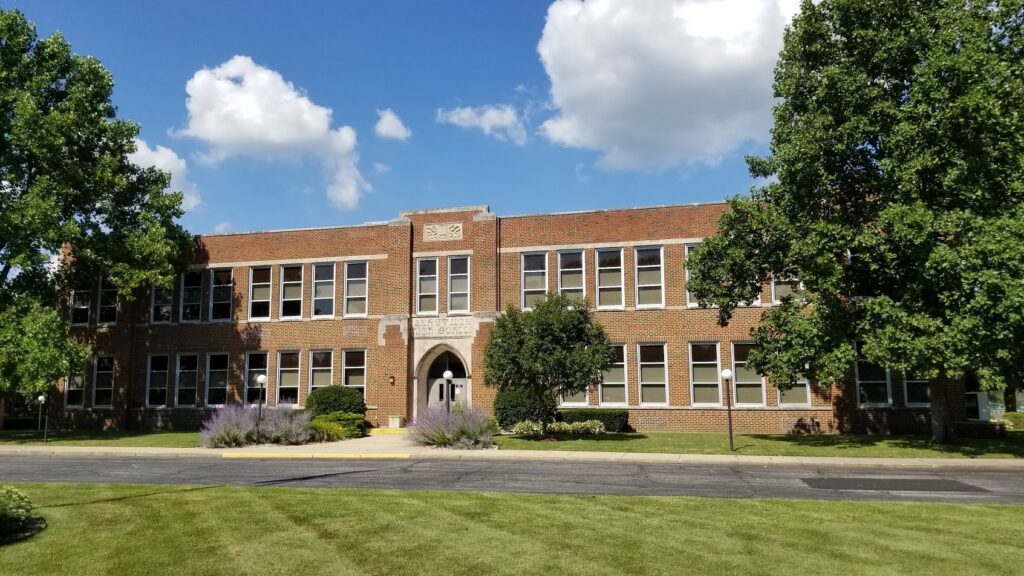
8. Education (K-16)
Our educational institutions are key to growing a knowledge-based state. Leveraging these institutional resources is critical.
